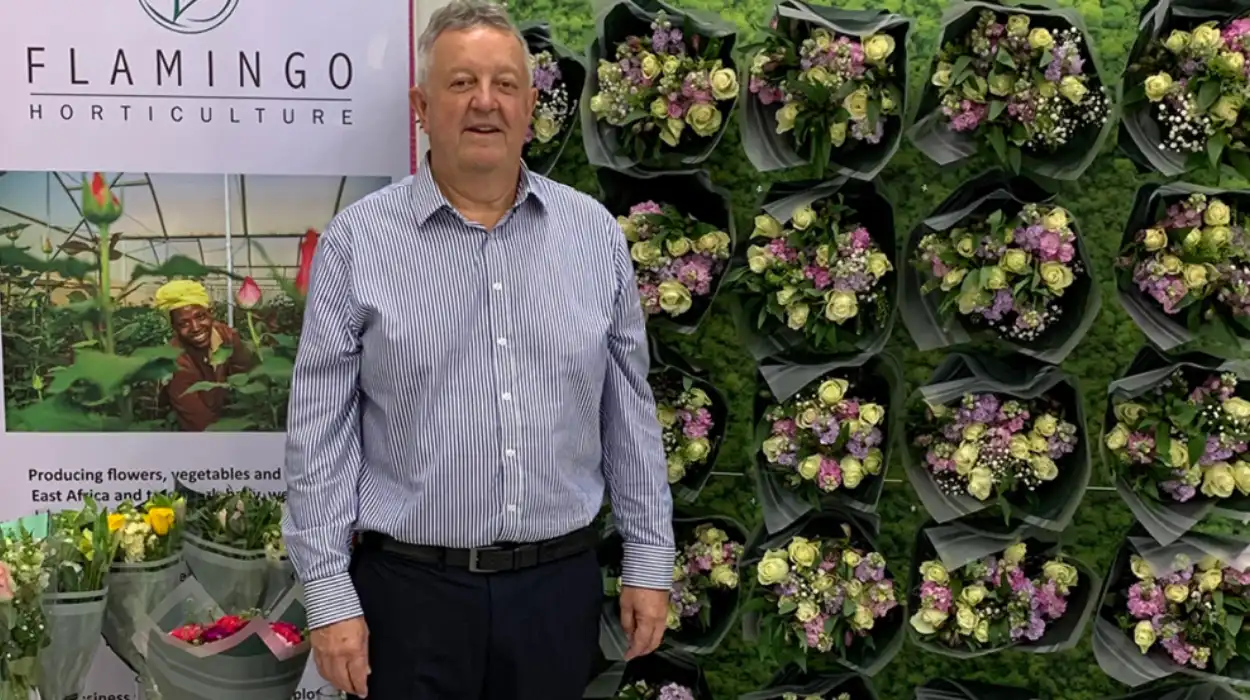UK (Parliament Politics Magazine) – UK plant importers warn Kent border delays and damage at Sevington could raise EU delivery costs and halt shipments.
As reported by The Guardian, plant importers said ongoing delays and damaged shipments at a Kent border post may drive up costs. They also fear transport companies could halt Channel deliveries.
Importers have highlighted extended queues in recent weeks at the government’s Sevington site near Ashford on the M20. The centre, designed to process plant and animal goods from the EU, is causing delays. One importer estimated that each shipment now costs an extra £200.
Concerns have also been raised that trees and shrubs are frequently damaged during unloading and reloading at inspection points.
How are border inspections disrupting UK-EU plant and animal shipments?
Deliveries of animals and plant products between Britain and the EU have faced strict border inspections and mandatory checks under post-Brexit sanitary and phytosanitary regulations.
Authorities inspect all plant products rated as high or medium risk, including bedding plants, cut flowers, and bark, to protect the UK’s biosecurity and prevent harmful plant and animal diseases.
At Sevington, several traders have reported major delays, with trucks sometimes stuck for days under border inspections.
How are traders responding to Brexit-related delays at the UK border?
According to Karl Clark, co-founder of Premier Plants, a recent shipment of olive trees from a nursery in Pistoia, Italy, was delayed for five days.
He said,
“It’s frustrating and adds cost. We have been importing plants from Italy for over 20 years and never had these sorts of problems before Brexit.”
John Davidson, finance director at Tom Brown Wholesale, which imports cut flowers and plants daily from the Netherlands via Sevington, said delays at the border “come in waves.”
He added,
“Three weeks ago we had three delays in a row, but the following week was fine. An hour or two delay can really set us back in our business.”
The latest delays at Sevington come during a busy period for plant imports, following a summer slowdown when larger shrubs and trees are typically not exported from the EU.
The company Premier Plants, which supplies landscape designers, developers, and local councils, warned that repeated border delays could damage the company’s reliability and increase costs.
Mr Clark said the delays are adding around £200 to each shipment, in addition to transport and administrative costs.
He added,
“Luckily, at this time of year the delays are not too disastrous, but you can imagine what it is like in the summer; the plants are going to cook or dry out.”
The Tuscan, family-run nursery of Marco Innocenti, which supplies Premier Plants, delivers to the UK twice a week.
A recent delivery from the Tuscan nursery arrived with customers after Sevington checks, with some potted plants upside down and others having broken branches.
Innocenti described the situation as “unacceptable,” blaming the damage on the truck being “unloaded and reloaded carelessly.”
He added,
“We cannot continue this way. The authorities must recognise the seriousness of this issue.”
What did the Horticultural Trades Association say about Sevington border delays?
The Horticultural Trades Association and numerous plant traders say an EU SPS deal, which could remove border checks under the “reset,” cannot come soon enough, although it may not be implemented until 2027.
One logistics firm added,
“The last few weeks have not been good at Sevington. Some companies are struggling with the costs and with damage. In the end some exporters are maybe going to say ‘sorry, we give up on the UK.’”
What did the Government say about UK biosecurity and border checks?
A government spokesperson stated,
“Protecting UK biosecurity remains one of our key priorities. We are working with border control posts to ensure they operate effectively, and with traders to ensure checks are completed efficiently, swiftly and without significant delays.”
They added,
“We are focused on negotiating an SPS deal that could add up to £5.1bn a year to our economy, by cutting costs and reducing red tape for British producers and retailers.”
How is Prime Minister Sir Keir Starmer’s “reset” deal driving more border inspections?
According to government data, running the Sevington checkpoint costs £23 million a year. Companies importing goods under SPS controls must pay a “common user charge” of £29 per species per consignment, with a maximum fee of £145 per delivery.
The facility was described as a “white elephant” after its construction and remained largely unused while the UK delayed introducing physical checks on plant and animal imports from the EU.
Since the introduction of physical inspections in April 2024, traders have said the number of items requiring checks has risen, coinciding with Prime Minister Keir Starmer’s “reset” deal with the EU.
What did Sodexo and Kuehne + Nagel say about Sevington operations?
The government awarded Sodexo a £184.5 million contract to operate Sevington for three years from July 2023 on behalf of HM Revenue and Customs. The firm is also responsible for Defra’s border control posts at the site.
Under a deal with Sodexo, Swiss-headquartered Kuehne + Nagel manages vehicle inspections at Sevington. Both companies decline to comment.
According to reports, the government is reviewing procedures at border control posts and investigating damage complaints, providing responses to traders promptly.
What is Brexit?
Brexit refers to the process of the UK leaving the European Union, a political and economic union of European nations.
Britain officially withdrew from the EU on January 31, 2020, after a public referendum held in June 2016.
UK citizens voted in a national referendum on whether to “Remain a member of the European Union or Leave the European Union.”
Economists said leaving the EU has had a substantially negative impact on the UK’s economy compared to what it would have been if it had remained a member.


